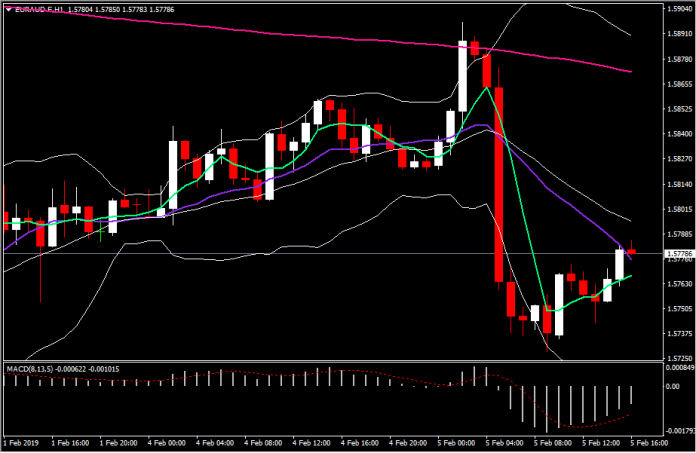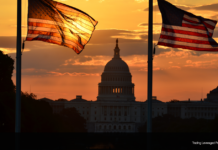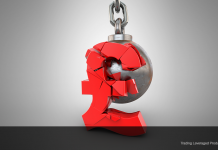RBA did not make any changes to its base interest rates, leaving its cash rate at 1.50% as predicted in our Monthly Outlook, but Governor Lowe’s comments were interpreted as hinting at the possibility of a rate hike in the coming meetings or at least being less dovish than expected, pushing the AUD higher.
After going through the RBA statement, two things stand out: first, the RBA interest rate is seen as supportive to the Australian economy, and as the Central Bank projects inflation to stand at 2% over 2019, there does not appear to be much room for rate hikes. Most importantly, the fact that RBA acknowledges that there are currently tighter credit conditions and declining house prices, means that a rate hike would endanger the already fragile economic outlook in the country. This would be the case as higher interest rates would increase lending costs and make prospective loan seekers appear even less attractive to banks, while higher rates would also increase the cost of repayment for existing loan takers. As such, raising interest rates would come at the cost of taking air out of an already suffocating economy.
In relation to the above, the second thing which stood out was the acknowledgement that the economy appears to be fragile, as evidenced by the selectively pointing out that credit to owner-occupiers has declined and “housing markets in Sydney and Melbourne are going through a period of adjustment”. Furthermore, it also acknowledged, albeit indirectly, that the slowdown in China is likely to have an effect on the Australian economy. All of the above is important, as it appears to be the first time that RBA is hinting that it appreciates the potential dangers which undermine Australia’s growth (for more details, see here).
While the above are important, emphasis has been placed on the fact that they appear to be less dovish than expected. Truth be told, the comments appear to be neither dovish nor hawkish. Everything in the speech conveyed the idea of a “gradual” convergence to the RBA targets, however, without promoting any guidance regarding the future path of interest rates.
The above holds as RBA is currently facing the dilemma of whether or not to raise interest rates: higher interest rates would cause all the issues described above, but a rate hike would abide by the forecasts of higher inflation in 2019 and 2020. The problem with Lowe’s statement is that there is no explanation as to why inflation is expected to rise in 2019 as GDP declines, house prices drop, and credit growth stagnates as wages are only expected to rise “gradually”. More so, as the RBA acknowledges that lower petrol prices are expected to lower headline (core) inflation, how can it be that overall inflation will rise? The forecast of higher inflation does not appear to abide by the developments in either the domestic or the international environment.
To sum up, the “less than dovish” RBA movement should be taken with a grain of salt. As explained above, RBA is probably in one of the worst situations a Central Bank can be caught in. Understanding that rate hikes by the Fed in the 2004-2006 period was the pin that pricked the subprime bubble puts the RBA at the position where it should raise rates but it does not appear willing to do so long as the housing market does not improve.
Let’s hope that Philip Lowe’s speech tonight can shed some light on the above.
Click here to access the Economic Calendar
Dr Nektarios Michail
Market Analyst
Disclaimer: This material is provided as a general marketing communication for information purposes only. Nothing in this communication contains, or should be considered as containing, an investment advice or an investment recommendation or a solicitation for the purpose of buying or selling of any financial instrument. We make no representation and assume no liability as to the accuracy or completeness of any information provided and we shall not be held liable for any loss arising from any investment made based on the information provided in this communication. This communication must not be reproduced or further distributed without our prior written permission.



















